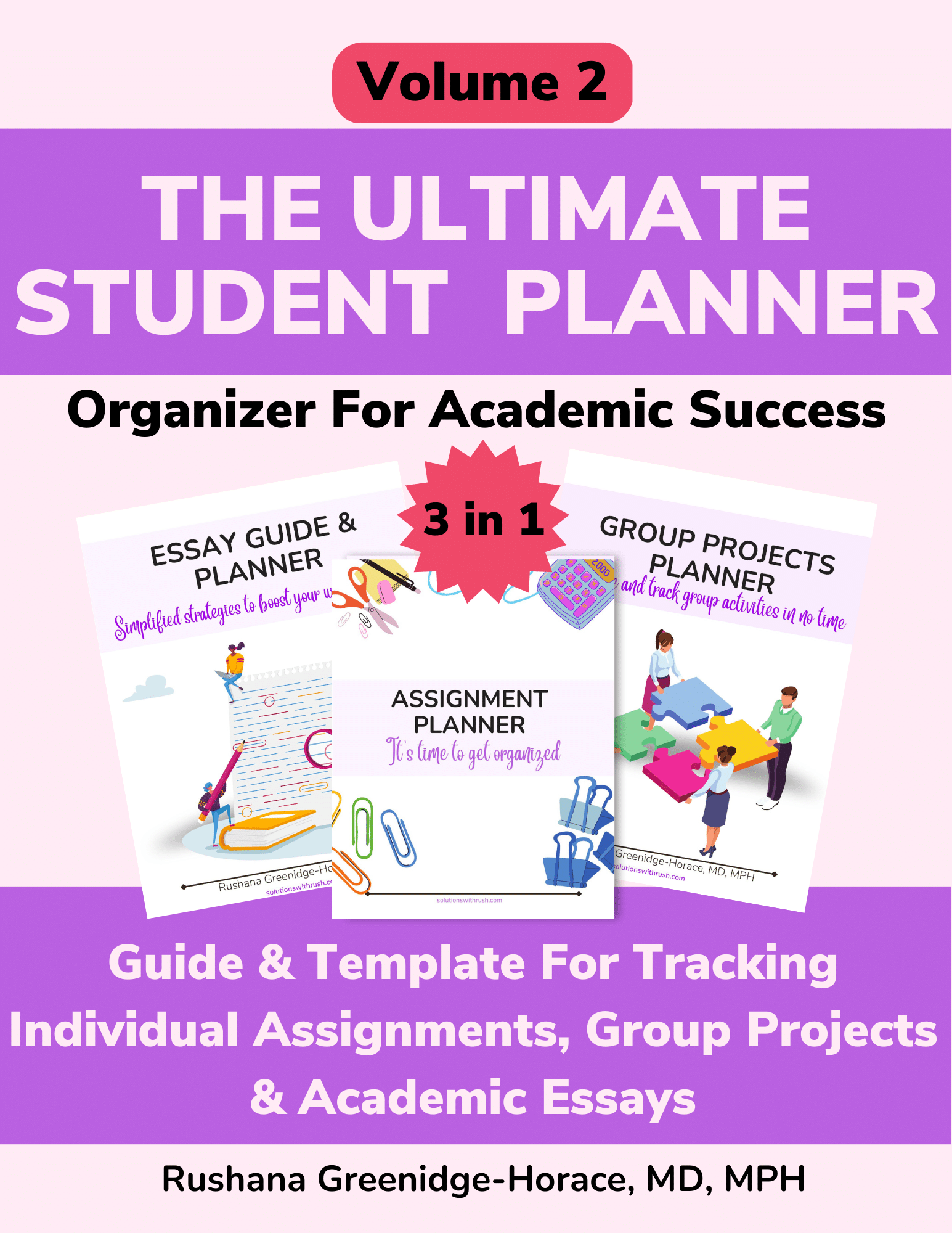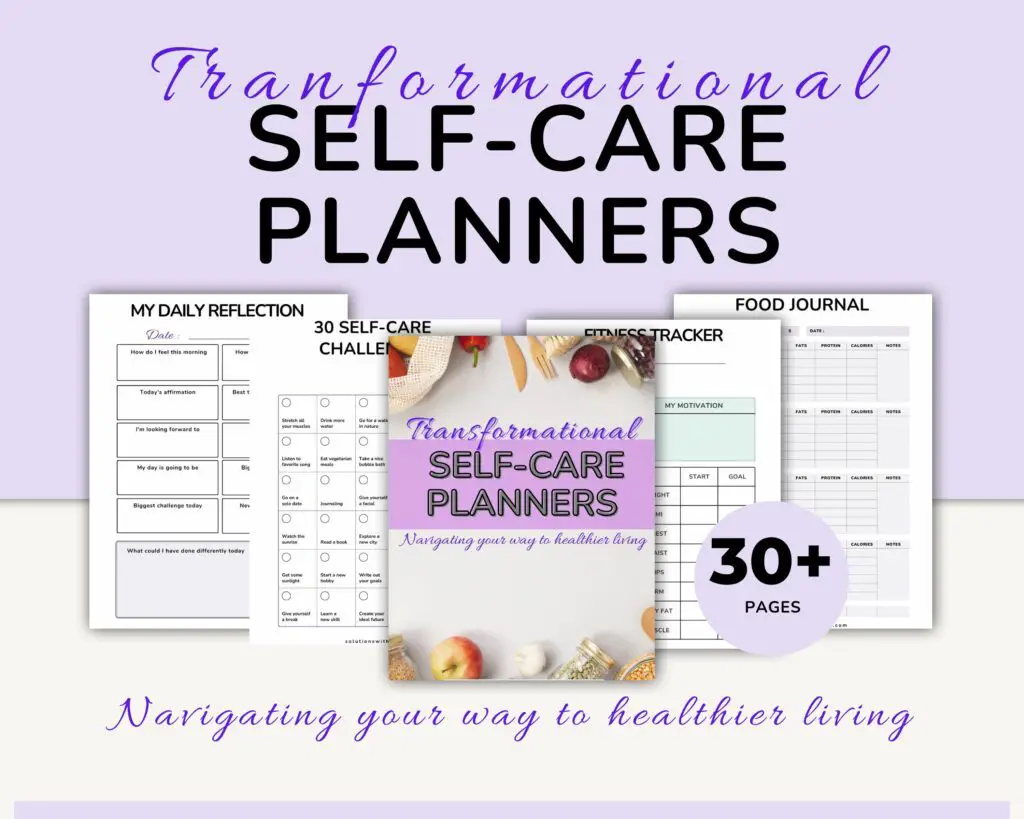Being a slow learner can be quite frustrating. But don’t worry – there are ways to improve your learning ability and speed up the process!
It can be frustrating to feel like you’re always struggling to keep up academically. Unfortunately, it’s even worse when you feel as if you’re the only one having trouble with the material. Let’s face it, being a slow learner is not your fault-but it is your problem.
But don’t worry – there are some practical study tips for slow learners that can help. Read on for more information about how these tips can make a real difference in your life.
According to research, slow learning has a significant social and financial burden on families and communities.
parakh, 2019
Additionally, since many slow learners are diagnosed late, at a mean age of 14.5 years, they miss out on beneficial educational rehabilitation.
Notably, individual attention and remedial actions are necessary at a much younger age.

"Never discourage anyone who makes continual progress, no matter how slow." - Sabatha Cokotho
- Being a slow learner can be quite frustrating. But don't worry – there are ways to improve your learning ability and speed up the process!
- Who is a slow learner?
- What is the difference between slow learning and learning disability?
- Slow doesn't mean dumb
- Study tips for slow learners
- 1.Make it fun for slow learners
- 2.Maximize the strengths of slow learners
- 3.Using examples helps slow learners
- 4.Implement specific strategies for names and dates
- 5.Underline and highlight if you're a slow learner
- 6.Make mind maps to improve slow learning
- 7.Change your approach if you're a show learner
- 8.Use memory techniques to improve slow learning
- 9.Ask questions to improve slow learning
- 10.Use mnemonics to improve slow learning
- 11.Put your knowledge into practice to improve slow learning
- 12.Use grouping to improve slow learning
- 13.Teach someone else to improve slow learning
- 14.Individualized attention will boost slow learning
- 15.Be patient with slow learners
- 16.Stretch yourself if you are a slow learner
- Can being a slow learner change?
- Final words on study tips for slow learners
- READY TO TRANSFORM YOUR SELF-CARE ROUTINE?
- How to be smart without studying
- How to study effectively for exams
Who is a slow learner?
A slow learner is someone who learns at a slower pace than the average person. Several factors may contribute to slow learning including poverty, parental problems, cultural issues and unfavorable school conditions.
| Personal | Environmental | Emotional |
|---|---|---|
| Chronic illness | Parental / Home deficiencies | Negative attitude of parents |
| Absenteeism | Poverty | Low self-esteem and confidence |
| Cognitive factors | Lack of sleep | Being anxious / timid |
| Physical health problems | Lack of educational opportunities / materials | Strong dislike for teacher |
| Poor teaching | ||
| Frequent changes of school / teaching style |
For a long time, society has been geared towards fast-paced learning. This is because our world is constantly changing, and those who can keep up with the changes are often more successful.
However, it’s important to note that many children experience school related issues at some point.
Despite what many people believe, being a slow learner does not mean that someone is unintelligent.
Unfortunately, this is a myth that many parents, teachers and even the persons themselves often believe to be true.
As we learn more about different learning styles, it is becoming increasingly clear that one size does not fit all.
In fact, it has been shown that students who are taught in a way that caters to their specific learning style often achieve better results.
Fortunately, research shows that a slow learner is still capable of achieving academic success in the regular classroom, even though at a slower rate.
vasudevan, 2017
However, changes to fit the slower learning ability are necessary to prevent them from failing and dropping out.
Consider watching my video on YouTube to learn more about slow learners
What is the difference between slow learning and learning disability?
While having a learning disability also affects a person’s ability to learn, it is not the same as being a slow learner.
In fact, there are many different forms of learning disabilities, such as Dyslexia and Attention Deficit Disorder (ADD), Attention Deficit Hyperactivity Disorder (ADHD) and Non Verbal Learning Disability (NVLD).
However, the diagnosis of a learning disability can be made only after a number of tests have been carried out by an expert.
On the other hand, various tools and techniques can be used to identify a slow learner, including observation of behavior in the classroom, parental opinions, IQ tests etc.
Read also: 7 Study techniques to increase your learning ability.
Slow doesn’t mean dumb
One of the biggest problems that slow learners face is a lack of self-confidence. This is often due to the misconception that they are unintelligent or dumb.
It is important for these students to understand that just because they learn at a slower pace than others, does not mean that they are not smart.
In fact, many famous people have struggled with being slow learners, including Albert Einstein and Steven Spielberg.
Read also: 19 Easy ways to increase your brain power.
WANT TO SIGNIFICANTLY IMPROVE YOUR ACADEMIC PERFORMANCE?
The Ultimate Student Planner can help!
This 3 in 1 planner includes a guide to writing essays, an assignment planner, and a group project planner–all designed to help you get and stay organized.
Don’t forget to check out Volume 1 & 3 as well.
Study tips for slow learners
Even though a slow learner has difficulties coping with what is normally expected, there are many different ways to help them improve their academic performance.
Some of the study tips include:
- Make learning fun
- Maximize strengths to learn faster
- Use examples
- Implement specific strategies for names and dates
- Underline and highlight
- Make mind maps
- Change your approach
- Use memory techniques
- Ask questions
- Use mnemonics
- Put knowledge into practice
- Use grouping
- Teach someone else
- Try individualized attention
- Be patient
- Stretch yourself
Read also: 11 Simple Tips For Slow Readers That Actually Work

"Some quit due to slow progress. Never grasping the fact that...Slow progress is progress." - Jeff Olson
1.Make it fun for slow learners
Many students learn better when they are having fun. As such, instead of learning biology in a dark lecture room, consider going to the park or an art museum.
Not only will this be more enjoyable but you’ll be likely to retain much more information.
Read also: 16 Simple Tips To Appear Smarter Than You Actually Are
2.Maximize the strengths of slow learners
It’s important to maximize your strengths, particularly if you are a slow learner. Start by discovering your specific learning skills.
For instance, if you’re a visual learner, like 70 % of the population, you’d greatly benefit from learning materials that include images and diagrams.
Your spatial learning style might be well suited to mastering maps and 3D models.
Plus, pictures are worth a thousand words. So, if you need to learn about something new, try finding images related to it on the internet or in textbooks, or draw your own. This will help you make sense of what you’re learning.
3.Using examples helps slow learners
If you’re a slow learner, solve a problem using an example before attempting the general case.
Show that you understand how it works and then, if possible, adapt it to some other examples.
4.Implement specific strategies for names and dates
If you find it difficult to remember names and dates, try to use them later on in the day.
In fact, it’s harder to recall information at a moment’s notice than it is to remind yourself of it.
Also, try associating the names and dates with something you already know or using them in a song or rhyme.
5.Underline and highlight if you’re a slow learner
Underlining and highlighting key sentences as you read can help you remember them later when you are trying to recall the text.
6.Make mind maps to improve slow learning
Making diagrams of how different parts relate to each other can help you understand complex systems and procedures better.
Actually, mind maps will force you to summarize the information, so that only the important points remain. As such, it is also a good practice for revising at exam time.
Read also: 28 Proven tips to study effectively for exams.
7.Change your approach if you’re a show learner
If you’re finding it difficult to grasp the material, try changing your approach.
Ask yourself, “What would I find easy to understand here?” Perhaps this will help you find an alternative way of looking at it.

"All students can learn and succeed, but not on the same day in the same way." - William G Spady
8.Use memory techniques to improve slow learning
If you struggle with slow learning, you can use memories of past experiences or events to help you remember information.
For example, attach a word to its relative position in the alphabet (A = 1, B = 2, etc.), as this is a method that can help you recall long lists of information.
9.Ask questions to improve slow learning
If you find yourself struggling to understand something, don’t be afraid to ask questions.
Asking questions may be difficult particularly if you’re timid, but it is the best way to clarify what you’ve been taught. Plus, it can do a world of good for your building your confidence.
10.Use mnemonics to improve slow learning
Mnemonics are memory tricks to help you remember material by associating it with something else, for example acronyms or visual clues.
Use these whenever you can – they will make your life much easier.
11.Put your knowledge into practice to improve slow learning
It can be hard to remember what you’ve studied if it doesn’t sink in and make sense when you try using it in context.
So, start by changing the way you look at things – if you’re learning about different geometric shapes for example, play with some cardboard and cut out a few.
Drawing them will help you to visualize the shapes and see their differences.
Read also: 22 Main Reasons Why Students Fall Behind Academically
12.Use grouping to improve slow learning
Grouping information means organizing things together so they make sense as a whole, rather than as separate pieces of data.
For instance, if you’re learning about cells in biology, it might be easier to learn them by type (red blood cells, platelets etc.) first than by function (carrying oxygen, clotting etc.).
13.Teach someone else to improve slow learning
People learn better if they explain something to others rather than just reading about it in text.
This is because explaining to others improves your memory and helps you understand the subject in more depth. If you can’t find anyone, you could even teach your pet.
14.Individualized attention will boost slow learning
Individualized attention can be crucial for some students particularly those who struggle with distractions and need complete silence to focus. As such, they might require a tutor to get the most out of a study session.
15.Be patient with slow learners
Remembering new information takes time and effort, particularly if you are a slow learner.
Give yourself enough time to learn something properly because rushing things can mean you don’t remember as much as you could have, even if it feels like it’s taking forever.
That doesn’t mean you can’t reward yourself along the way though – a little celebration now and then can help your motivation.
16.Stretch yourself if you are a slow learner
Setting yourself goals can help you to be more productive and give you the motivation to push on until the end.
As such, you could set weekly or even daily goals for your revision timetable to improve slow learning.
This will encourage you to work steadily towards them every day, which means you anticipate learning and are less likely to develop bad habits of procrastination.
However, be careful not to get frustrated if you don’t meet your targets. Realize that you may need more time, guidance and attention than others. So, avoid competition, comparisons and labeling.

"Remenmber, success is a journey not a destination. Have faith in your ability. You will do just fine." - Bruce Lee
Can being a slow learner change?
While some persons who are slow learners may remain delayed throughout life, with the right guidance and support, slow learners can achieve moderate academic success.
In fact, with early detection and adaptation, slower learners lead normal professional, personal and social lives as adults.
It has even been shown that the human brain has the ability to rewire itself as we get older – so if your learning style was not suited to formal education, it may be time to take a new approach.
If you are not sure what this might be, there is plenty of information online about alternative learning strategies and other options for adult learners.
Most importantly, remember that you can succeed if you try – and don’t let anybody tell you otherwise!
Final words on study tips for slow learners
The study tips for slow learners may not always be what you think they should be.
However, they are effective. If these tips sound like something that can be of benefit to you, then I encourage you to give them a try. It’s time to start learning at your full potential!
What would you add? Let me know in the comments below.
READY TO TRANSFORM YOUR SELF-CARE ROUTINE?
It’s time to make self-care a delight instead of a chore.
This incredible free resource comes packed with features for tracking everything from your daily water intake to how many steps you take.
Related Posts
How to be smart without studying
It’s no secret that studying hard is key to doing well in school.
But what if you’re one of those students who just doesn’t learn well from textbooks?
Don’t worry – there are plenty of other ways to get smart without hitting the books.
Here are a few tips to help you out. Read more
How to study effectively for exams
Are you feeling anxious about your upcoming exams? Don’t worry, you’re not alone.
A lot of students feel stressed out before their tests.
However, there are some things you can do to make studying easier and less stressful.
In this blog post, we’ll share some tips on how to study effectively for exams. Keep reading to find out more! Read more
Reference
Parakh M. (2019). The enormous economic burden of slow learners: A wake up call. Journal of postgraduate medicine, 65(4), 199–200.
Vasudevan, A., (2017) Slow learners – Causes, problems and educational programmes, International journal of applied research, (3), pages (308-313)
Rushana Greenidge-Horace












Leave a Reply